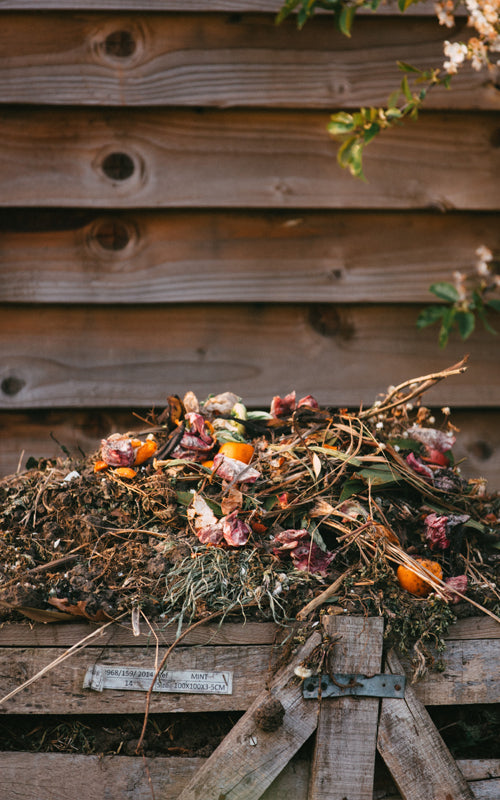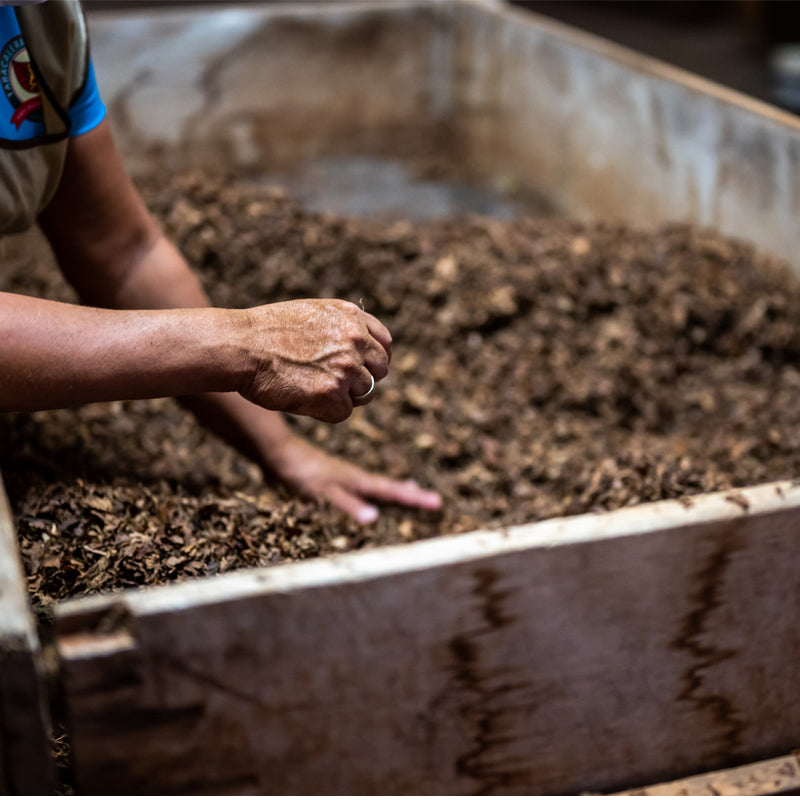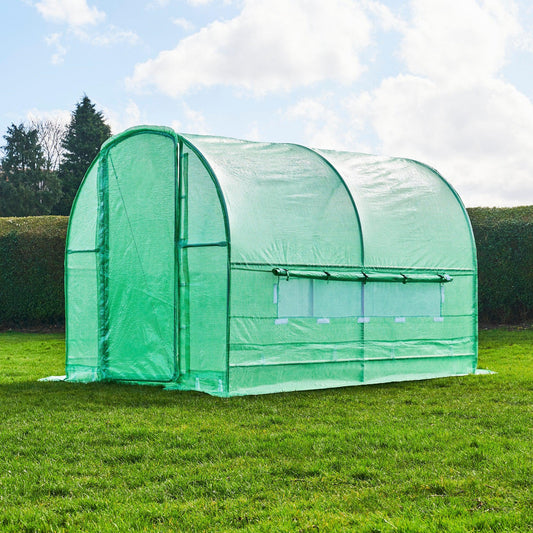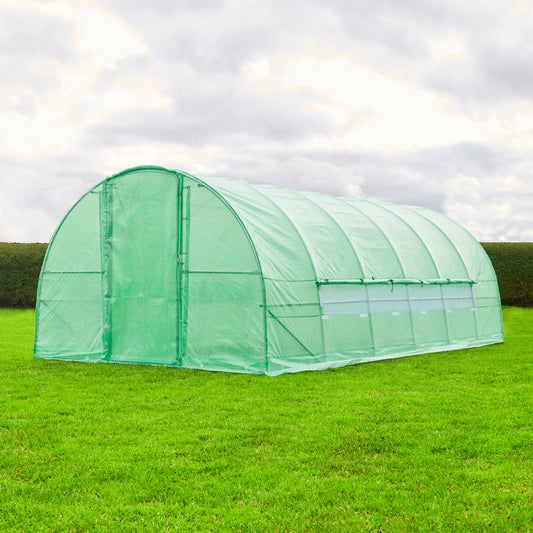I have used a dark blue/green linseed oil paint on the coop to cover the orange preservative coat and it now looks absolutely gorgeous. So happy with it and will help it last much longer. Hoping the hens will be happy :)
We had a little bit of a hiccup with delivery but this was not the fault of Feel Good. Comunication was excellent throughout and our chicken coop was re-delivered soon after. You can therefore completely rely on them if anything should go wrong. The chicken coop was of good quality as easy to construct.
Would definately recommend this company!
Good to know that I was able to get a good replacement cover for my poly tunnel with door. It could do with being a little bit bigger it was a very tight fit but know I am ready for the growing season
Feel that the front section should have poppers or ties rather than wrap around velcro. But great
The replacement cover is identical to the original and fits my Bike Home perfectly. It still needs to be replaced every three years or so, depending on sun exposure, but no other bike cover I’ve tried has lasted as long, so I think it’s as good as it gets. Excellent customer service from Feel Good and quick shipping.









